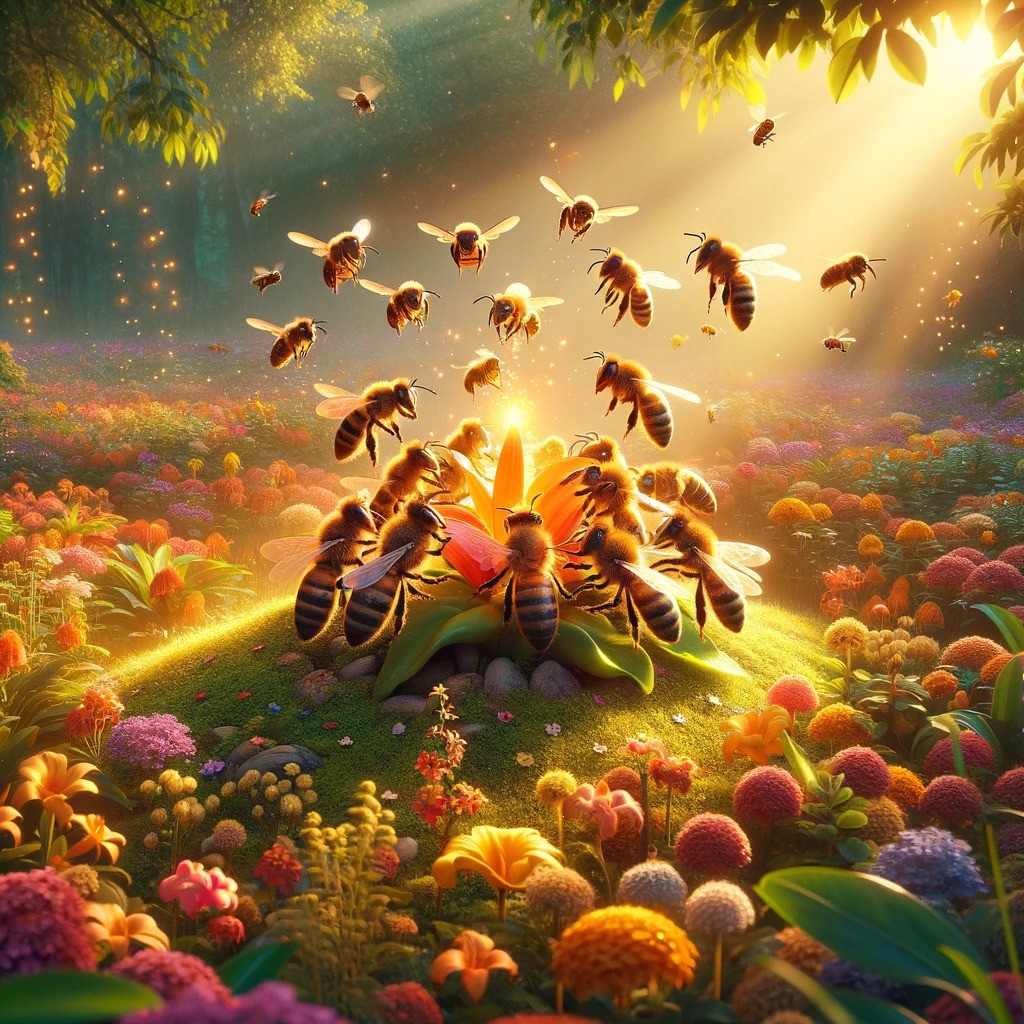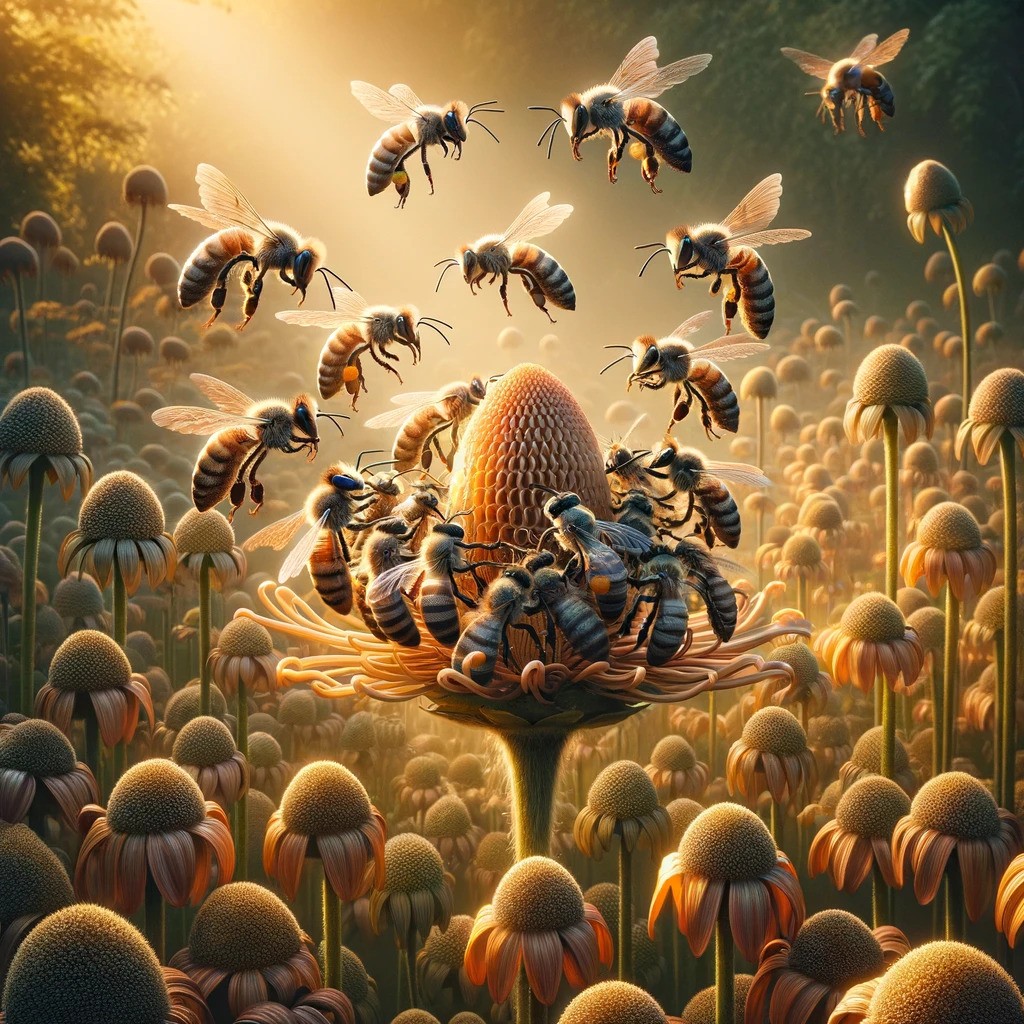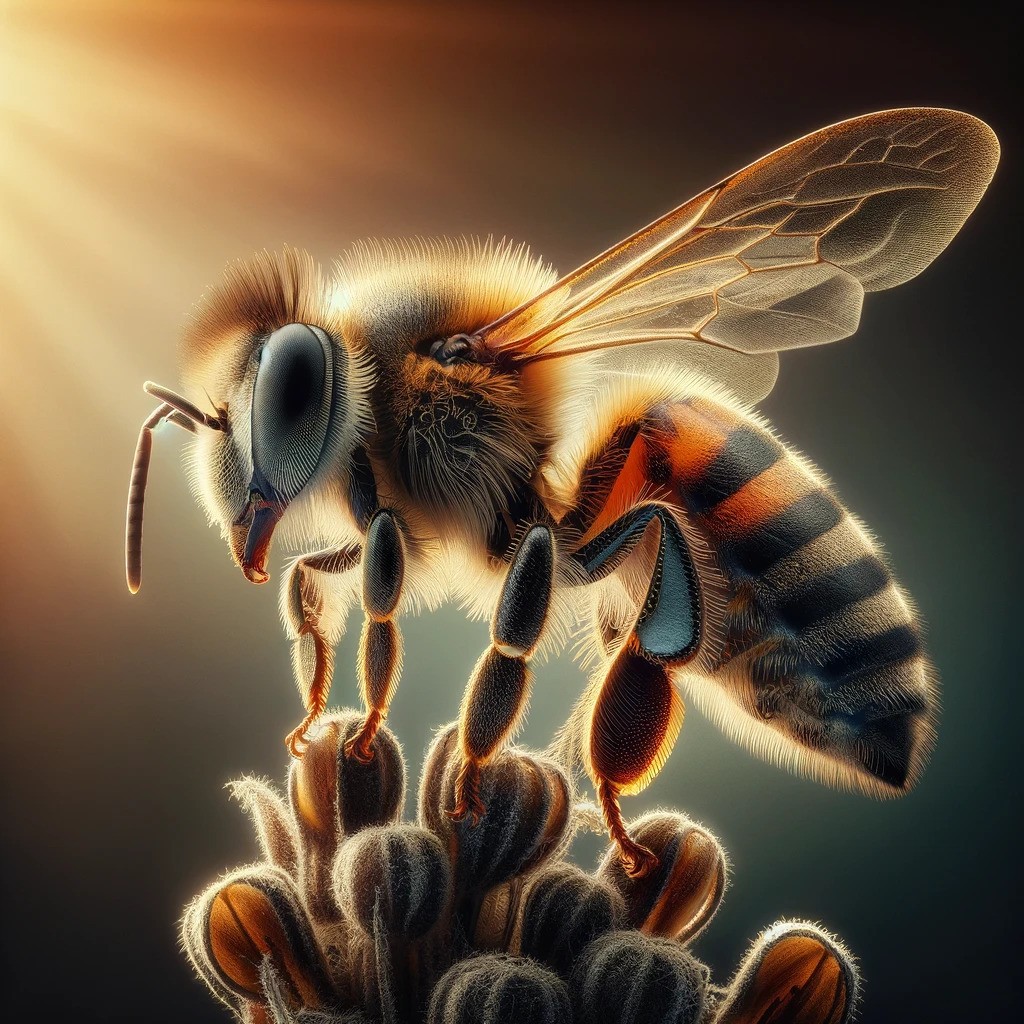Natural-born enemies, bees, and wasps have a long and bloody history. One is pray and the other is a ruthless perfect hunting machine.
While bees have formed a symbiotic and mostly healthy relationship with humans, wasps tend to bother everything that comes toward their path.
A Natural Conflict
At times when food is scarce and when nature can’t provide, wasps and bees often find themselves in direct competition for resources.
A colony of wasps will always try to breach a bee hive if they have the numbers. Usually, weak and small hives are always in danger from wasps even if nature provides with plenty of food.
This thousand-year conflict disrupts the harmony within the hive and can lead to devastating consequences for the bee populations unless we as humans take action.
Aggressive Invaders
Unlike bees, wasps are aggressive and territorial. That’s why we tend to be bothered by wasps and not by bees. A wasp will attack anything that comes close enough to its colony.
When wasps decide to go against a colony of bees, they will attack in large numbers, overwhelming the hive’s defenses and often doing it at times when bees can’t defend themselves due to low temperatures (early in the morning)
A single wasp can hunt multiple bees, and a swarm of wasps will easily decimate an entire colony.
Total Destruction
Sentient little beings, when bees feel the presence of wasps near their hive, they instantly take action and raise the threat levels inside their colony.
If they have time and they feel that an invasion is imminent, bees may abandon their hive in search of a safer environment, leading to a loss of honey and larvae.
Once they breach a hive, wasps not only eat and carry the bees but will also destroy the hive’s structure, leaving behind a mess from which bees can’t recover.
Recognizing the Threat
Intelligent little creatures, bees can recognize the threat posed by wasps and take immediate action against them.
In time, bees have developed defensive strategies, such as forming a cluster around their foes or increasing their “warrior/guards” numbers present at the entrance of the hive.
However, these tactics are not always sufficient to fend off a determined wasp attack and usually small or weak have little to no chances to defend.
Human Intervention.
Humans can play a crucial role in protecting bees from wasps.
Monitoring the hives, removing wasp nests from the vicinity, and creating “barriers” to prevent wasp invasions can help safeguard bee colonies.
Shrinking the entrances of a hive is always a good choice since it gives the bees space and time to better defend their weak position.
Providing ample food sources for both bees and wasps sounds like a good solution right? Well, that’s not the case since the wasp population grows exponentially faster than bees, and once a colony of wasps is big enough, they will definitely attack even stronger hives.
Thank You For Reading
And don’t forget that you can reach us via any social media platform!














